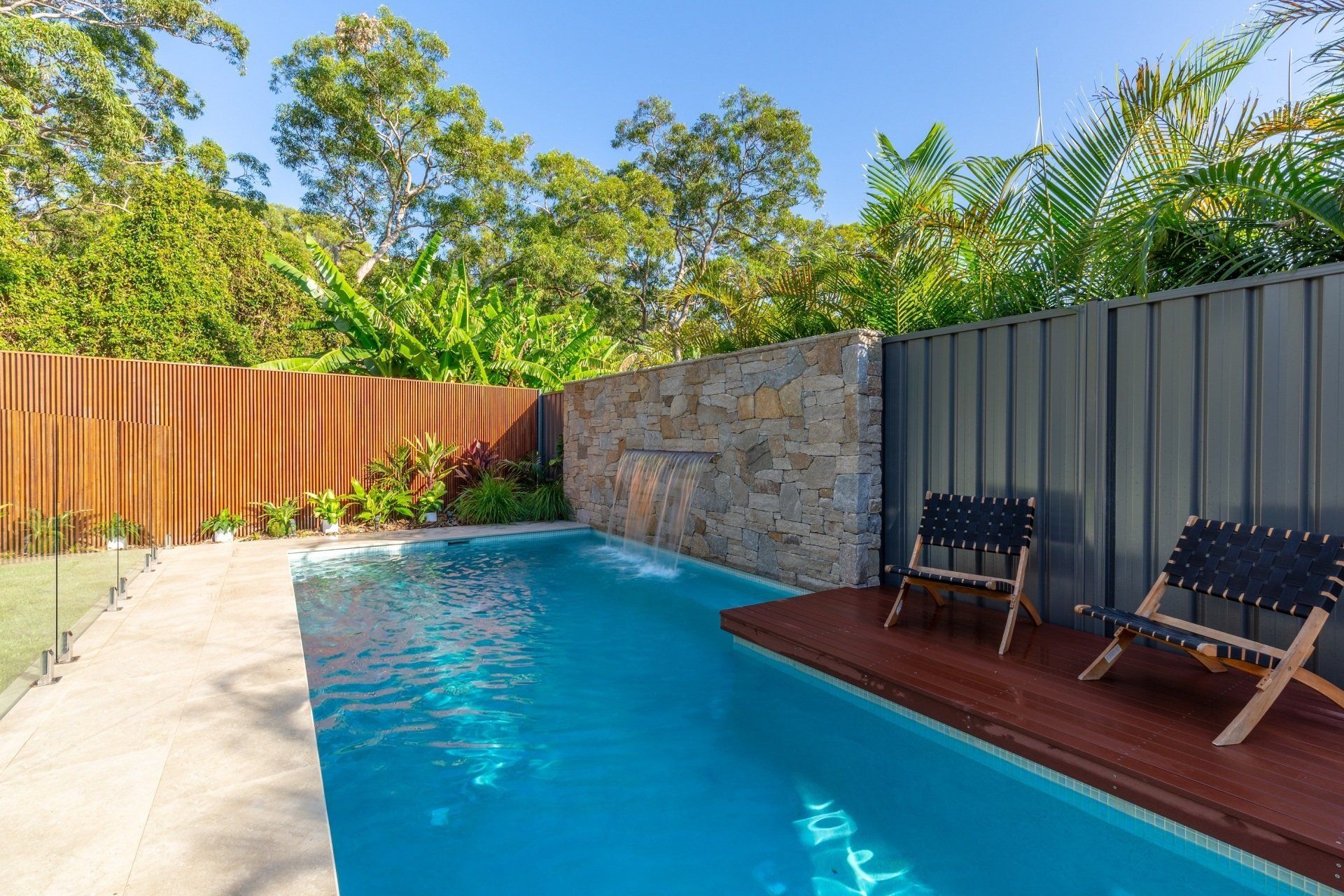Can cold water affect the chemicals in your pool?
Let's dive deeper into the topic of chemicals and their importance in maintaining optimal water conditions for your coastline pool during cold weather.
Understanding Water Chemistry:
Water chemistry plays a crucial role in the overall health and clarity of your pool. Maintaining the right balance of chemicals is essential for preventing algae growth, maintaining water clarity, and ensuring the safety of swimmers. The primary chemical parameters to monitor include:
a) pH Levels: The pH level indicates the acidity or alkalinity of your pool water. The ideal range for pool water is typically between 7.2 and 7.8. Cold weather can cause fluctuations in pH levels, so regular testing and adjustments are necessary to prevent issues such as eye and skin irritation and corrosion of pool surfaces or equipment.
b) Alkalinity: Total alkalinity refers to the ability of the water to resist changes in pH. The recommended range for alkalinity is usually between 80 and 120 parts per million (ppm). Maintaining the proper alkalinity level helps stabilize the pH and prevents rapid pH swings.
c) Chlorine: Chlorine is crucial for sanitizing your pool water and eliminating bacteria, viruses, and algae. In cold weather, chlorine consumption may decrease due to reduced bather load and slower algae growth. However, it's still essential to maintain a residual chlorine level of 1-3 ppm to ensure water remains safe and clear.
Testing and Adjusting Chemical Levels:
Regularly testing your pool water is key to identifying any imbalances and taking corrective measures promptly. Test kits or electronic testers can measure pH, alkalinity, chlorine, and other chemical levels accurately. Here are some tips for testing and adjusting chemical levels:
a) Testing Frequency: Test your pool water at least once a week, even during the colder months. Additionally, after heavy rain, snowfall, or significant temperature changes, it's wise to test the water more frequently.
b) Chemical Adjustments: Based on the test results, adjust the chemical levels accordingly. Follow the manufacturer's instructions and use appropriate pool chemicals to raise or lower pH, alkalinity, or chlorine levels. It's crucial to add chemicals gradually and retest the water after a few hours to ensure the desired levels are achieved.
c) Seek Professional Advice: If you are unsure about how to balance the chemicals or encounter persistent issues, consider consulting with a pool professional. They can offer expert guidance and recommend specific products or treatments tailored to your pool's needs.
Winter Chemical Treatments:
In addition to regular maintenance, specific chemical treatments can be beneficial during the winter months to keep your pool water in optimal condition:
a) Algaecides: Although algae growth slows down in cold weather, using an appropriate winter algaecide can prevent any potential growth and help maintain water clarity. Follow the product instructions and dosage recommendations carefully.
b) Enzyme Treatments: Enzyme treatments can help break down organic matter and reduce the formation of scum lines or stains caused by leaves and other debris. These treatments work well in conjunction with regular skimming and cleaning.
c) Stain and Scale Inhibitors: Chemicals designed to prevent the formation of stains and scale can be particularly useful during colder months. They help protect your pool's surfaces and equipment from mineral buildup caused by temperature fluctuations.
Remember, maintaining proper water chemistry is an ongoing process. Regular testing, adjustments, and the use of appropriate chemicals will help ensure your coastline pool's water remains clean, clear, and safe throughout the winter season. By giving attention to these essential aspects, you can enjoy a pristine pool experience year-round, no matter the weather outside.

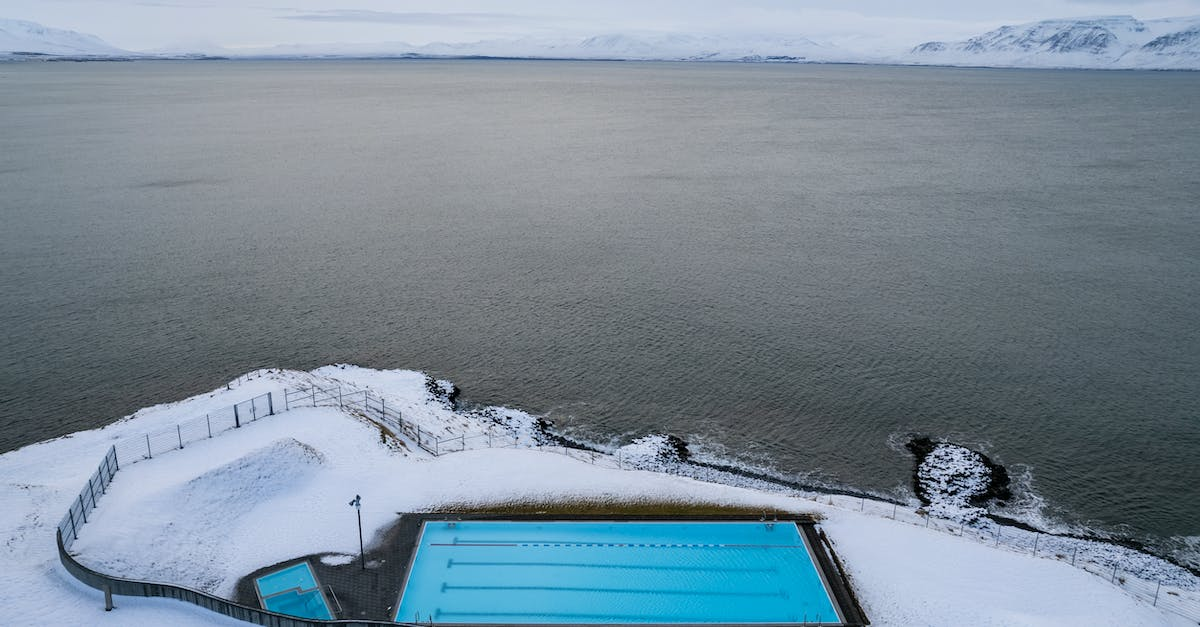
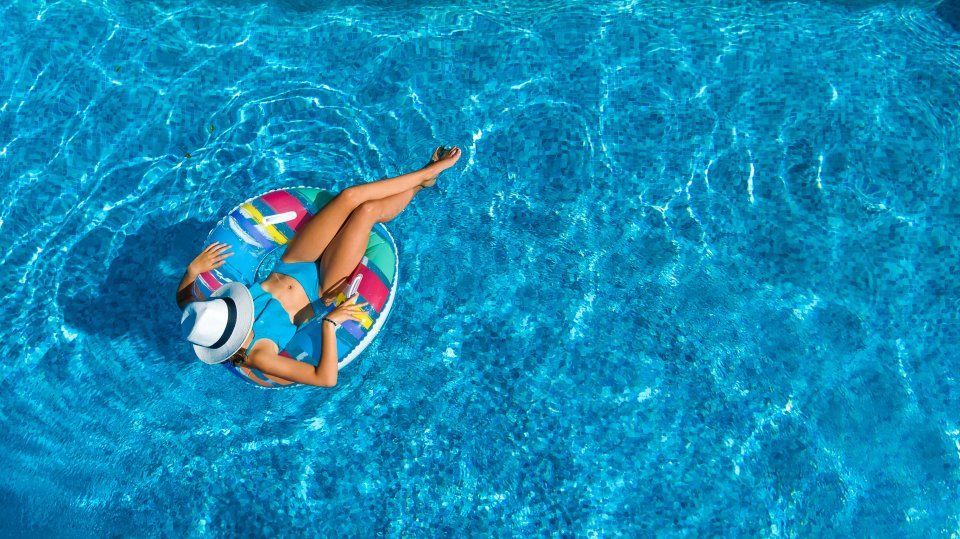
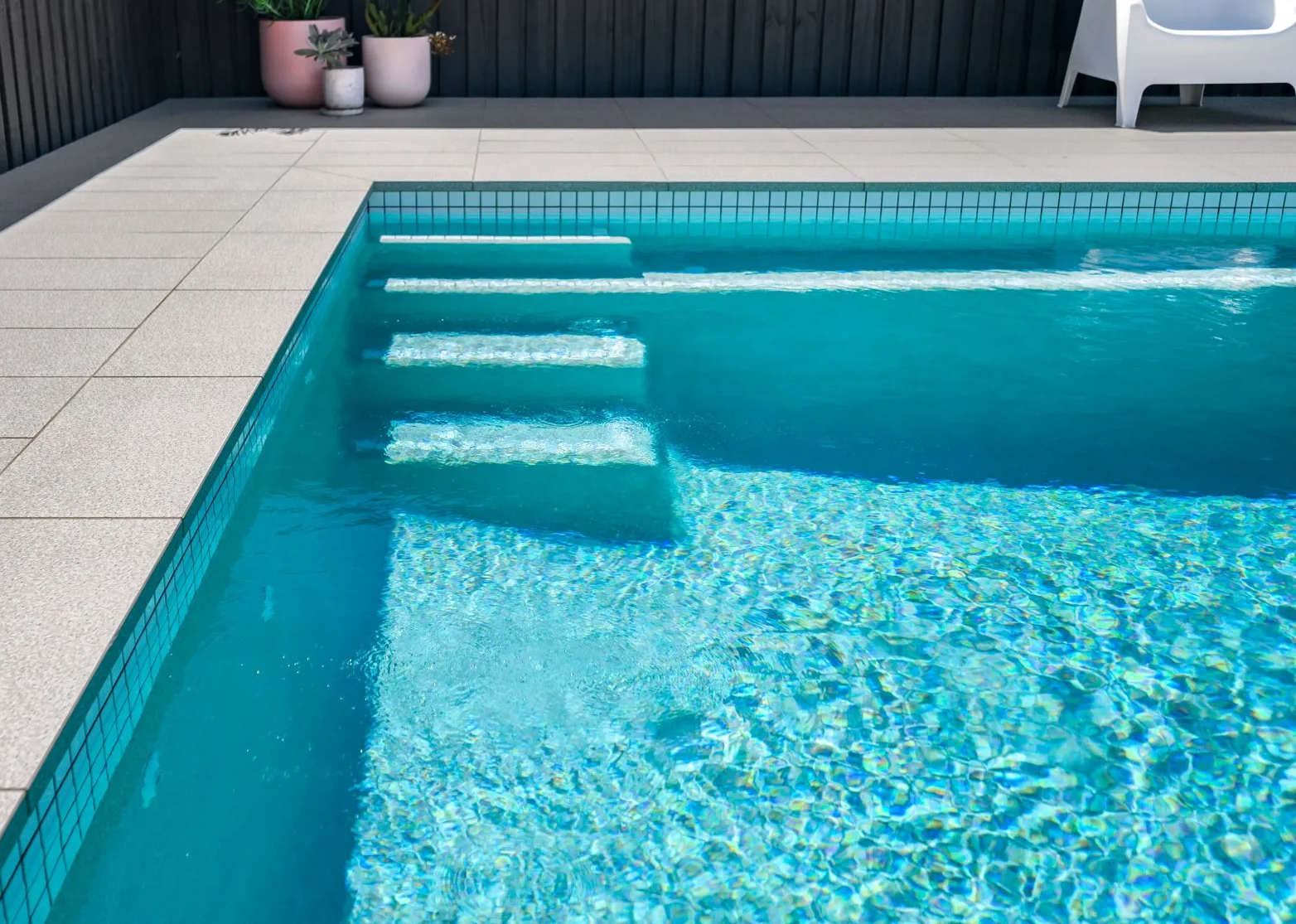




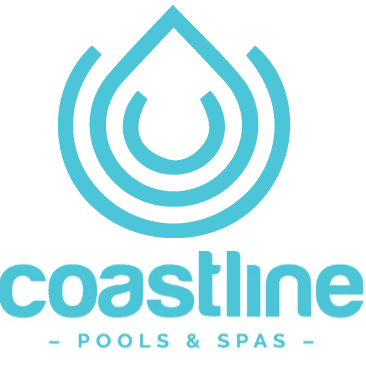
4980 3666

